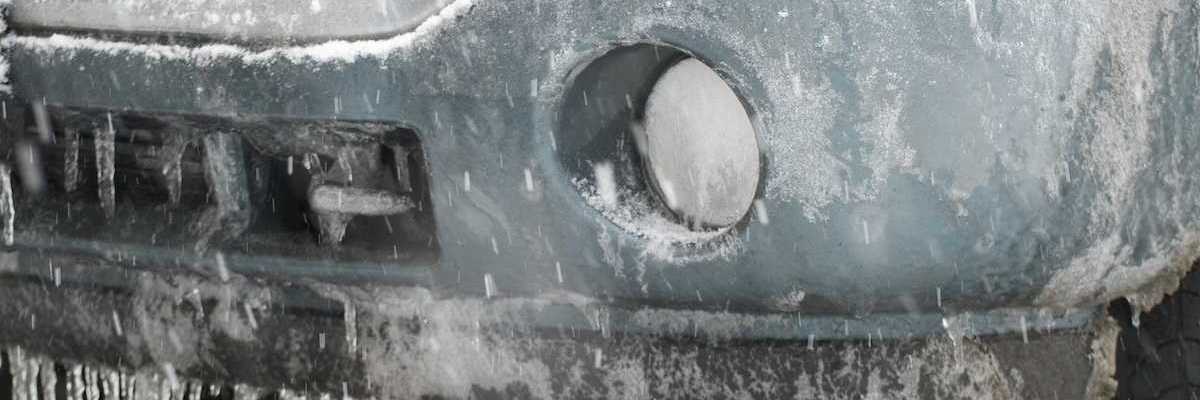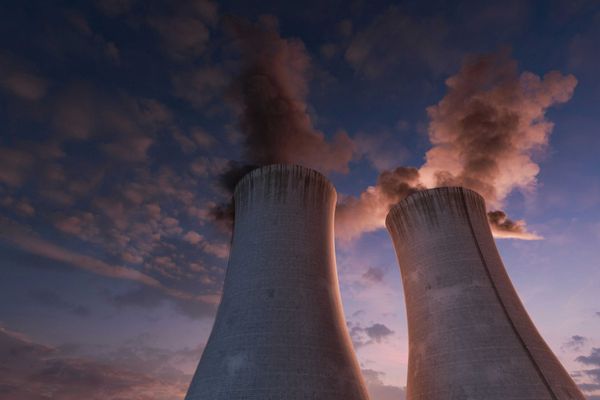pennsylvania
Credit: Brad Weaver/Unsplash
Twenty years into fracking, Pennsylvania has yet to reckon with its radioactive waste
Former government officials say the state isn’t doing enough to regulate fracking waste, even as new research shows it’s far more radioactive than previously known.
Newsletter
Copyright: shutterrudder/BigStock Photo ID: 53059774
Tracking oil and gas waste in Pennsylvania is still a ‘logistical mess’
More than a decade after regulators promised to improve reporting standards for this waste, an Inside Climate News investigation found huge discrepancies in state records.
Newsletter
Credit: Gage Skidmore https://www.flickr.com/photos/gageskidmore/ Creative Commons https://creativecommons.org/licenses/by-sa/2.0/
US Energy Secretary says Three Mile Island restart delivers on Trump administration promises
Since his inauguration in January, President Donald Trump has directed the Energy Department to clear the way for new nuclear development.
Newsletter
Copyright: shutterrudder/BigStock Photo ID: 53059774
Pennsylvania will study a plan to keep new natural gas pads farther from homes, schools and hospitals
Advocates say more distance is needed to protect public health. Industry groups and Republican legislators say the rule change would effectively ban natural gas development.
Trump administration gives Three Mile Island nuclear project $1 billion loan
The Pennsylvania site, shorthand for the dangers of nuclear power after a 1979 meltdown, is set for revival under a deal to power Microsoft data centers.
Credit: Tashka/Big Stock Photo
After years of sparring, Gov. Shapiro abandons Pennsylvania's landmark climate initiative
Gov. Josh Shapiro has withdrawn Pennsylvania from the Regional Greenhouse Gas Initiative, abandoning the state’s signature climate policy in a move that stunned environmental advocates.
Credit: Getty Images/Unsplash+
US EPA drops planned delay in compliance with fenceline monitoring at coke plants
Residents will no longer have to wait two years to find out whether they are breathing benzene and other contaminants.
ORIGINAL REPORTING
MOST POPULAR
CLIMATE















